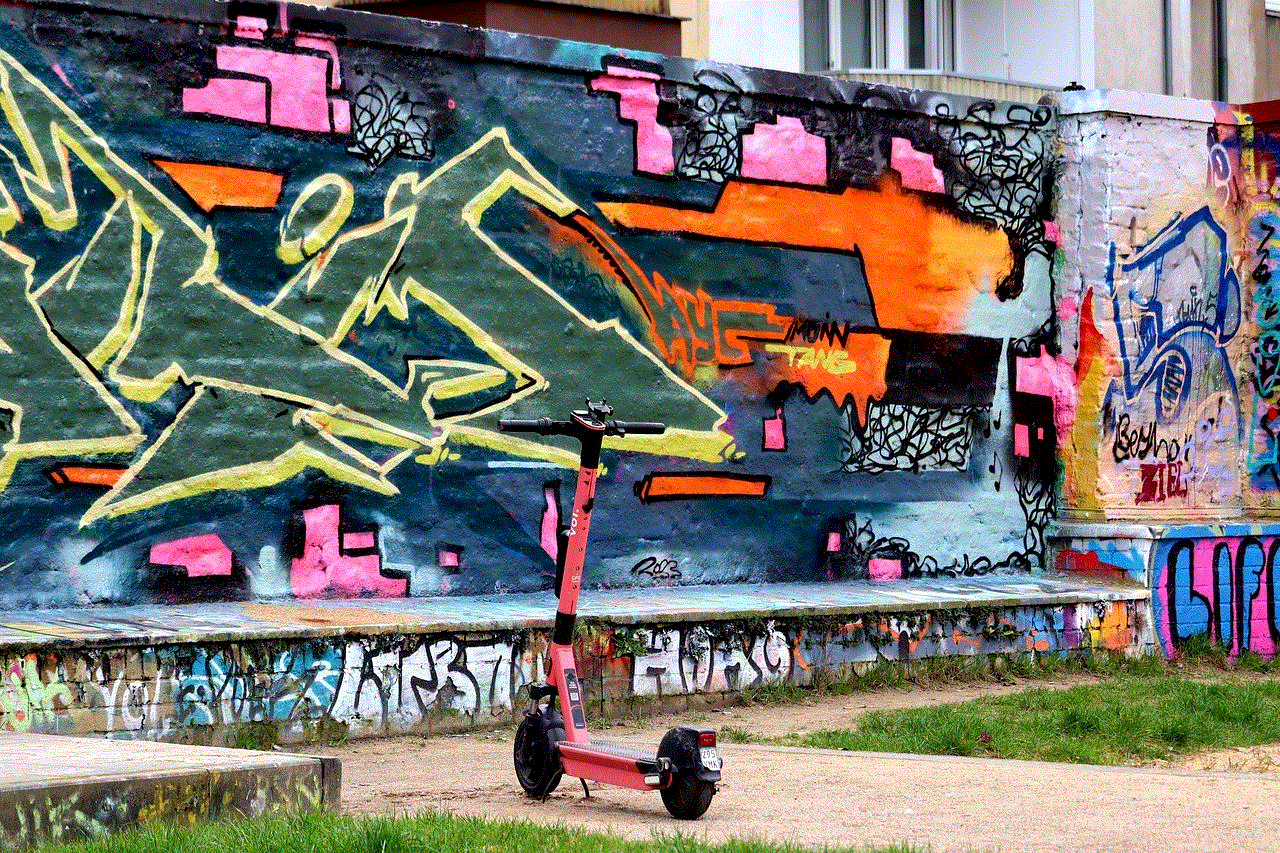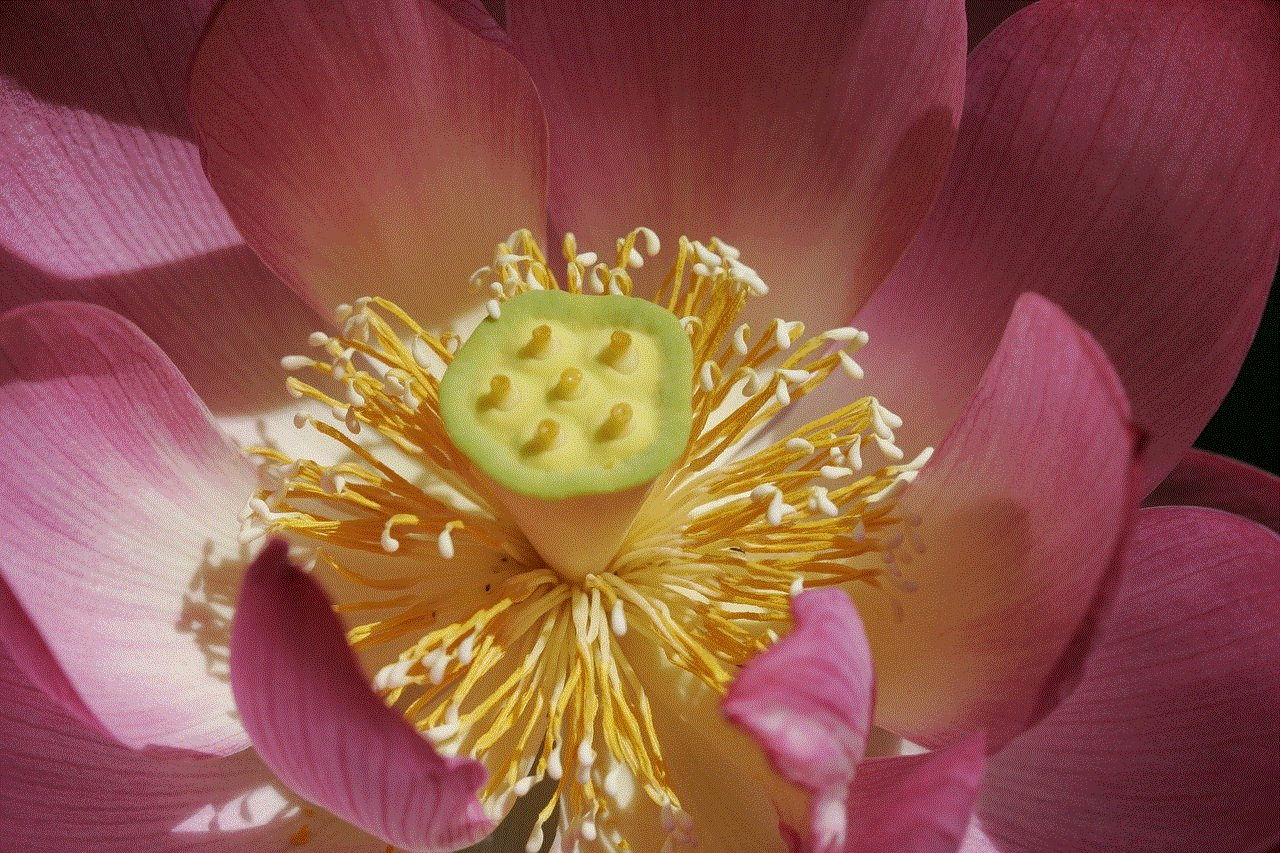pos slang meaning
Slang words and phrases have become an integral part of our everyday language. They add color, humor, and uniqueness to our conversations, making them more interesting and engaging. However, not all slang terms are created equal. Some are widely accepted and used, while others are specific to certain regions or communities. One such slang term that has gained popularity in recent years is ‘pos.’
Pos, short for ‘positive,’ is a term that has evolved in meaning over time. It can be used as an adjective, noun, or even a verb, and its usage can vary depending on the context and the speaker. In this article, we will delve deeper into the slang meaning of pos and explore its origins, evolution, and current usage.
Origins of ‘Pos’
The origins of the term ‘pos’ can be traced back to the 1960s when it was used as a shortened version of ‘positive’ in the gay community. At the time, it was used to describe someone who was HIV positive. However, in the 1980s, the term took on a broader meaning and was used as a general term for someone who was optimistic, happy, or had a positive outlook on life.
Over time, the term gained popularity and was adopted by the younger generation, who started using it as a slang term to express positivity or agreement. It also became widely used on social media platforms, where it was often used as a hashtag (#pos) to signify positive vibes or good news.
Evolution of ‘Pos’
As with any other slang term, the meaning of ‘pos’ has evolved over time. What started as a term used to describe a person’s HIV status, has now become a way to express positive emotions or agreement. It has also taken on different forms and has been used in various contexts, making it a versatile and widely used term.
In the early 2000s, ‘pos’ was used as a noun to describe someone who was always positive and optimistic. It was often used as a compliment to describe someone’s personality traits, such as being cheerful, joyful, or upbeat. For example, “She’s such a pos, always smiling and spreading good vibes.”
As the term gained popularity, it started being used as an adjective to describe something that was cool, awesome, or favorable. This usage is similar to other slang terms such as ‘lit’ or ‘dope,’ which also mean something positive or impressive. For instance, “That new car is so pos, I wish I could afford it.”
In recent years, ‘pos’ has also been used as a verb, meaning to promote positivity or to spread good vibes. This usage is often seen on social media, where people use it to encourage others to stay positive or to share uplifting messages. For example, “Let’s pos today by spreading love and kindness.”
Current Usage and Popularity
Today, ‘pos’ has become a widely used term, especially among the younger generation. It is often used in casual conversations, both in person and online, and has become a part of modern-day slang vocabulary. Its popularity has also been fueled by its use in popular culture, with celebrities and influencers using it in their social media posts or interviews.
‘Pos’ has also been used in mainstream media, with some TV shows and movies incorporating it into their dialogues. This has further contributed to its widespread usage and has helped solidify its position as a popular slang term.
One of the reasons for the term’s popularity is its versatility. As mentioned earlier, it can be used as an adjective, noun, or verb, making it a flexible term that can be used in different contexts. It is also a short and easy-to-remember term, which makes it perfect for use on social media platforms such as Twitter , where character limits apply.
Furthermore, ‘pos’ has also gained popularity due to its positive connotations. In a world where negativity and bad news often dominate the media, people are drawn towards anything that exudes positivity. As a result, ‘pos’ has become a popular term to use when expressing positive emotions or spreading good vibes.
Examples of ‘Pos’ in Popular Culture



As mentioned earlier, ‘pos’ has been used in popular culture, including TV shows, movies, and music. One of the most notable examples is the movie “Mean Girls,” where the character Karen Smith, played by Amanda Seyfried, uses the term to describe something she likes. In the movie, she says, “That is so fetch,” to which Gretchen Wieners, played by Lacey Chabert, responds, “Stop trying to make fetch happen, it’s not going to happen.” This iconic scene has become a part of pop culture and has helped popularize the term ‘pos’ among the younger generation.
Another example is the TV show “The Office,” where the character Andy Bernard, played by Ed Helms, often uses the term ‘pos’ to describe something he likes or agrees with. In one episode, he says, “That’s pos, Dwight,” to express his agreement with Dwight Schrute, played by Rainn Wilson.
Even musicians have incorporated the term into their songs, further cementing its place in popular culture. For instance, in the song “Pos” by the American rapper Fetty Wap, he uses the term to describe someone who is always positive and never lets anything bring them down.
Conclusion
In conclusion, ‘pos’ is a slang term that has evolved from its origins in the gay community to become a widely used term to express positivity and agreement. Its versatility, positive connotations, and use in popular culture have contributed to its widespread usage and popularity, especially among the younger generation. Whether it’s used as an adjective, noun, or verb, ‘pos’ has become a part of modern-day slang vocabulary and is here to stay. So, let’s keep spreading good vibes and positivity, and remember to always stay pos!
when do people usually have baby showers
A baby shower is a special event that is typically held to celebrate the upcoming arrival of a new baby. It is a joyous occasion where family and friends come together to shower the expectant parents with love, gifts, and well wishes. While it is a common tradition in many cultures, the timing and customs of baby showers can vary greatly. In this article, we will explore the various factors that influence when people usually have baby showers and the different customs associated with this important celebration.
The timing of a baby shower is typically determined by a number of factors, such as cultural traditions, personal preferences, and practical considerations. In many cultures, baby showers are held during the third trimester of pregnancy, usually around the seventh or eighth month. This is because by this time, the expectant mother is visibly pregnant, making it a perfect time to celebrate the upcoming arrival of the baby. Additionally, it is also considered safe to have a baby shower during this time as most pregnancy complications tend to occur in the first and second trimesters.
Another reason why people usually have baby showers during the third trimester is that it allows the expectant parents to have enough time to prepare for the baby’s arrival. This is especially important for first-time parents who may need to purchase all the necessary items for the baby, such as clothes, diapers, and furniture. By having the baby shower during the third trimester, the expectant parents can use the gifts received to prepare for the baby’s arrival and ensure that they are well-equipped to welcome their little one into the world.



However, there are also cultures where baby showers are held much earlier, sometimes even before the baby is born. For example, in some Hispanic cultures, baby showers are held during the seventh month of pregnancy, which is believed to be a lucky month for the baby. In these cultures, it is also common for the baby shower to be a surprise for the expectant mother, making it an even more special and memorable occasion.
Aside from cultural traditions, personal preferences also play a significant role in determining when people usually have baby showers. Some expectant parents may choose to have their baby shower earlier or later than the third trimester for various reasons. For instance, if the expectant mother is having a high-risk pregnancy, she may choose to have the baby shower earlier so she can have time to relax and rest before the baby arrives. On the other hand, some parents may opt to have the baby shower after the baby is born, especially if they are waiting to find out the baby’s gender before having the shower.
Another factor that may influence the timing of a baby shower is the weather. In some parts of the world, the third trimester falls during the winter months, making it difficult to travel and gather with friends and family. In these cases, the baby shower may be held earlier or later to accommodate the weather conditions. Similarly, if the expectant mother lives in an area with a hot climate, she may choose to have the baby shower earlier in her pregnancy to avoid the discomfort of being heavily pregnant in the heat.
Besides the timing of the baby shower, there are also various customs and traditions associated with this special celebration. One of the most common customs is to have a theme for the baby shower. This could be based on the gender of the baby, such as pink for a girl or blue for a boy, or it could be a more general theme, such as a safari or a book-themed shower. The theme adds a fun and creative element to the celebration and makes it more memorable for the expectant parents and their guests.
Another important custom of a baby shower is to have games and activities for the guests to participate in. These can range from traditional games such as guessing the baby’s due date or name to more modern ones like diaper decorating or creating a baby name guessing chart. These games not only provide entertainment for the guests but also allow them to bond with each other and the expectant parents.
One of the most significant aspects of a baby shower is the gifts that are given to the expectant parents. These gifts are often items that the parents will need for the baby, such as clothes, diapers, and nursery essentials. In some cultures, it is customary to give practical gifts for the baby, while in others, guests may give gifts that are more sentimental and meaningful, such as handmade items or heirlooms.
While gifts are an essential part of a baby shower, they are not mandatory, and guests should never feel obligated to bring a gift. The purpose of a baby shower is to celebrate the upcoming arrival of the baby, and gifts are simply a way for guests to show their love and support for the expectant parents. Therefore, it is important for the host of the baby shower to make it clear that gifts are not necessary and that the most important thing is for everyone to come together and celebrate the new addition to the family.
In addition to gifts, another essential aspect of a baby shower is the food. The type of food served at a baby shower can vary, depending on the preferences of the expectant parents and the culture in which the shower is being held. Some baby showers may have a full meal, while others may have a simple spread of appetizers and snacks. In some cultures, there may be traditional dishes served, while in others, the food may be more modern and diverse.
The person or people who host the baby shower also play a crucial role in determining when it is held. Traditionally, the baby shower is hosted by a close friend or family member of the expectant mother, but nowadays, it is becoming more common for the expectant parents themselves to host their own baby shower. This is especially true for couples who may want a co-ed shower or prefer to have a more modern and non-traditional celebration.



In conclusion, while the timing and customs of baby showers may vary from culture to culture and from individual to individual, the essence of this special celebration remains the same – to celebrate the upcoming arrival of a new baby and to shower the expectant parents with love, support, and well wishes. Whether it is held during the third trimester, earlier or later in the pregnancy, or even after the baby is born, a baby shower is a beautiful way to celebrate the miracle of life and to welcome a new addition to the family.
